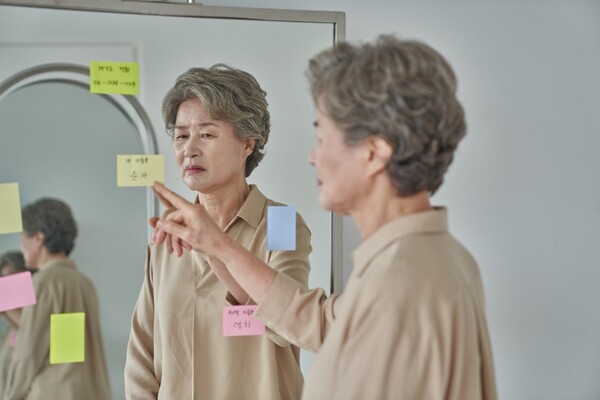Korea needs a continuous national response policy that allows people with dementia to maintain a dignified life without being excluded from society, a government-invested agency said Wednesday.

The Health Insurance Research Institute of the National Health Insurance Service said so in a report titled “Trends in Dutch Dementia Care Policy” published in the webzine Issue & View, introducing the National Dementia Strategy 2021-2030 of the Netherlands.
According to the institute, the Netherlands has established and promoted dementia response policies at the national level, including the National Dementia Program (2003-2007), the Dementia Care Integration Program (2008-2012), and the Dementia Delta Plan (2013-2020). More recently, the country announced the new National Dementia Strategy (2021-2030), actively promoting dementia policies nationally.
The institute noted that the Netherlands has continuously established and implemented dementia policies and actively engaged in research and development to promote the development of innovative science, medicine, and technology to become a “dementia-free country.”
In its latest National Dementia Strategy, the Dutch government plans to reorganize the elderly-centered system by establishing a “healthcare-nursing-social service” linkage system so that people with dementia can use medical treatment, nursing care, and social services provided by communities in an integrated manner at home, and support them to utilize informal support such as family members.
In particular, while support measures had been focused on the elderly, the Dutch government recently recognized the need to support people with dementia in the early stages of the disease under the age of 65 and expanded the scope of the policy.
In addition, the European country is trying to eliminate prejudice against dementia, according to the institute. The Netherlands is working to improve social awareness to recognize people with dementia as valuable members of society and support them to continue their roles according to their will and capabilities, it added.
Besides, it also promotes integrated and coordinated support for people with dementia and their families by strengthening community care networks. To ensure that community care networks work well together, the Dutch medical authorities are collecting information on dementia at the national level and ensuring that it is well utilized in the network system, it said.
The institute emphasized that Korea needs to make active efforts to improve services for customized support for people with dementia and their families. It is necessary to establish an integrated network operation system using dementia-related delivery systems such as dementia relief centers.
"In Korea, we have dementia-related delivery systems, such as dementia care centers. It is necessary to establish an integrated network operation system centered on dementia patients and their families so that long-term care systems and community care networks can be seamlessly connected," the report said.
It pointed out that the number of people with early-onset of dementia has been increasing.
“Given that dementia among young and middle-aged people threatens the functional functioning of family systems and is likely to be a high-risk and underserved population due to poverty, unemployment, and social exclusion, Korea must make proactive responses to support people with early-onset dementia are needed, like in the Netherlands," it said.
The institute went on to say, "Stigma and prejudice are more prevalent against people with dementia than in other diseases. The nation needs to raise public awareness to ensure people with dementia and their families are not socially excluded and can live with dignity."

